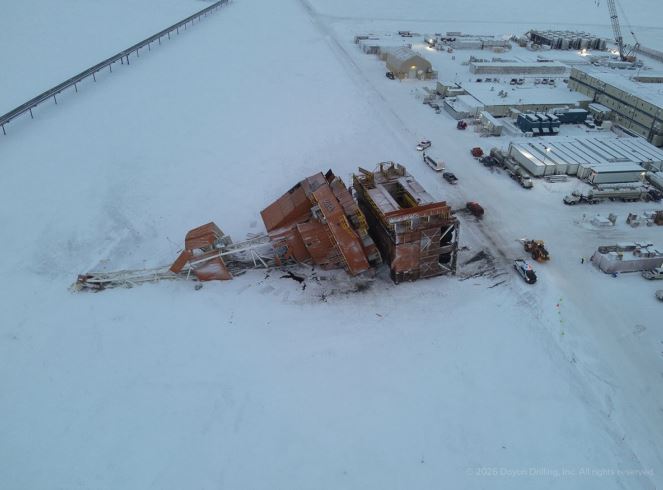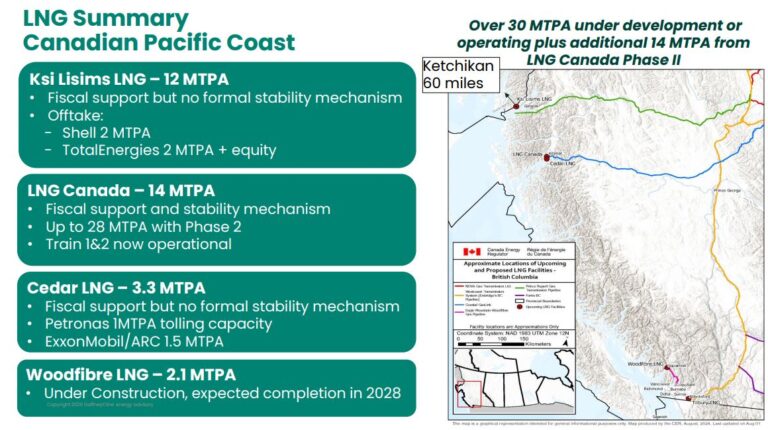Yesterday, Jan 29, at 3:15pm, the House State Affairs Committee met to consider three bills. First on the agenda was HB 133: “An Act establishing a 30-day deadline for the payment of contracts under the State Procurement Code; establishing deadlines for the payment of grants, contracts, and reimbursement agreements to nonprofit organizations, municipalities, and Alaska Native organizations; relating to payment of grants to named recipients that are not municipalities; and providing for an effective date.” The bill is sponsored by Representative Rebecca Himshoot (I-Sitka) and cosponsored by Representatives Fields (D-Anchorage), Kopp (R-Anchorage), Mears (D-Anchorage), Mina (D-Anchorage), and Holland (I-Anchorage).
The Committee discussed two proposed amendments to the bill, one from Rep. Carrick (D-Fairbanks) and one from Rep. McCabe (R-Big Lake).
Carrick’s amendment requested that Rural Health Transformation funding be used as a funding source for software upgrades necessary for realizing the bill. Rep. Vance (R-Homer) asked if technology upgrades are a permissible use of Rural Health Transformation funding. Rep. Carrick answered that the funds cannot be used for capital projects or hardware, but it can be used for software.
Amendment 1 was adopted by the Committee.
McCabe’s amendment addresses unintended consequences that the bill causes, mainly at the expense of the State. This amendment removes non-profits from triggering the automatic penalty if the State’s payment to a non-profit is delayed. McCabe argues that prompt payment clauses in other states usually apply to local governments and private contractors, not to non-profits. Regulations already imposed by the Legislature regarding non-profits make it difficult for the State to make payments to non-profits without delays. McCabe says that it does not make sense to punish agencies for delays that the Legislature itself has caused.
Rep. Holland spoke in opposition to the amendment, stating, “Non-profits operate as a business… they have to figure out how to juggle the money just like a private business… Our non-profits need to be treated as well or even better than municipalities and private contractors.”
Rep. Himshoot also spoke in opposition to the amendment. Rep. St. Clair (R-Wasilla) spoke in support.
McCabe responded to Holland and Himshoot, saying that they were presenting non-profits as simple mom-and-pops, but McCabe points out that the state has contracts with large non-profits like Providence. “We are talking about non-profits like Providence… This is not a bunch of volunteers we are talking about here.” He emphasized that the amendment keeps “the status quo” for non-profits and does not add any additional burdens.
After a vote 3 yes – 4 no, amendment 2 was not adopted by the Committee. Republicans Vance, McCabe, and St. Clair voted yes for the amendment. Independents Himshoot and Holland and Democrats Story and Carrick voted no.
In her final remarks regarding the bill as a whole, Rep. Vance acknowledged that there is truth in everyone’s points, and the discussion shows that “the bill touches on a broader issue” within state departments. “Something obviously needs to change,” she stated, but expressed doubt that this particular bill as written is the way to do it.
Rep. Carrick pointed out the common ground: “Everyone agrees the state should pay its bills on time.” Then, she acknowledged there are different ways to go about that. Referencing conversations that she has had with organizations who express frustration with the current system, she believes the bill is the correct course of action.
The bill moved from House State Affairs. Next, it will be considered by the Finance Committee.








